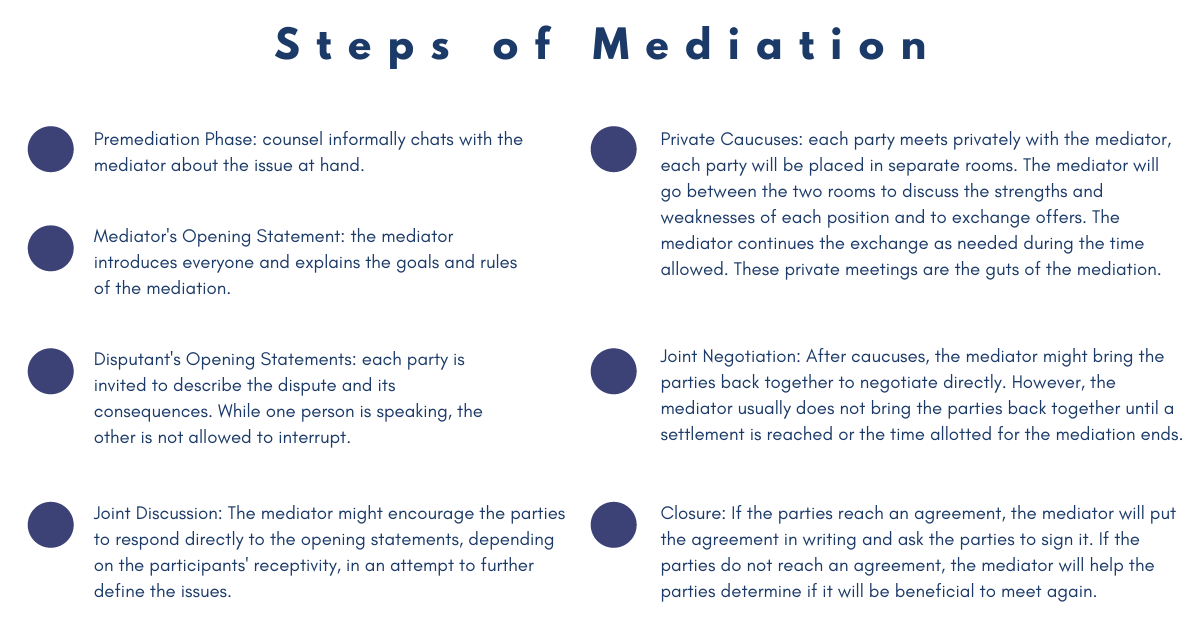Understanding The Statute of Limitations on Debt Collection
If you’re dealing with old debts, you might be wondering whether a debt collector can still sue you. The answer lies in something called the statute of limitations-a legal time limit for debt collectors to take action.
What is the Statute of Limitations on Debt?
That statute of limitations is the period during which a creditor or debt collector can legally sue you to collect on a debt. After this period passes, your debt is considered “time-barred”, and while you may still owe the money, a collector cannot sue you in court to enforce the debt.
How Long is the Statute of Limitations?
In general, debt collectors or creditors have 6 years from the date of your last payment or acknowledgment of the debt to file a lawsuit. This means if you haven’t made a payment or admitted to owing the debt in that time, they may be out of legal options to collect through the courts.
What Can Restart the Clock?
It’s important to be cautious-certain actions can restart the 6 year clock:
- Making a payment: Any payment-no matter how small-resets the 6 year statute of limitations.
- Acknowledging the Debt: Simply admitting that you owe the money (even in a phone call) or asking for more time to pay can restart the clock.
These seemingly small actions can give debt collectors a fresh opportunity to sue.
What if a Debt Collector Still Sues?
Just because a debt is time-barred doesn’t mean a collector won’t try to sue. A lawsuit officially starts when you’re served with a summons and complaint-not when it’s filed in court.
If this happens, you must respond-usually within 20 days-by serving an answer and asserting the statute of limitations as a defense. If you don’t respond, the court could enter a default judgment against you, even if the debt is legally uncollectible.
What Happens if a Judgment is Entered?
A judgment gives the deebt collector powerful tools to collect the debt, such as:
- Placing a lien on your real property
- Garnishing wages
- Levying your bank account
A Word of Caution
While the statute of limitations can protect you from being sued for old debt, relying on it as a strategy to avoid your obligations is risky. The creditor can sue at any point within the 6-year window, and unpaid debts can damage your credit for up to 7 years-or even longer for certain types of debt like student loans and tax debt.
Final Thoughts
If you’re unsure about the status of debt or have been contacted by a collector, don’t go it alone. Understanding your rights-and your risks-can help you make informed decisions. In some cases, seeking legal guidance can help you protect yoruself and your financial future.
WFJ can help with that.



